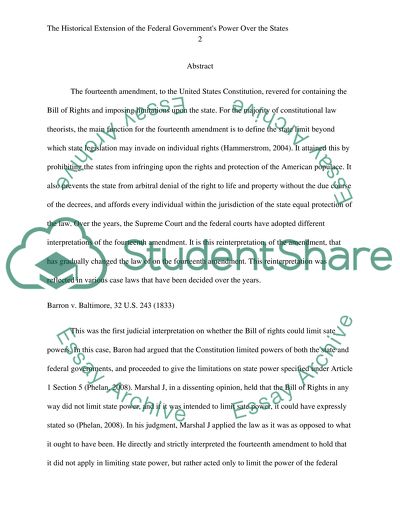Cite this document
(“The Historical Extension of the Federal Government's Power Over the Research Paper”, n.d.)
The Historical Extension of the Federal Government's Power Over the Research Paper. Retrieved from https://studentshare.org/law/1435869-the-historical-extension-of-the-federal-government
The Historical Extension of the Federal Government's Power Over the Research Paper. Retrieved from https://studentshare.org/law/1435869-the-historical-extension-of-the-federal-government
(The Historical Extension of the Federal Government'S Power Over the Research Paper)
The Historical Extension of the Federal Government'S Power Over the Research Paper. https://studentshare.org/law/1435869-the-historical-extension-of-the-federal-government.
The Historical Extension of the Federal Government'S Power Over the Research Paper. https://studentshare.org/law/1435869-the-historical-extension-of-the-federal-government.
“The Historical Extension of the Federal Government'S Power Over the Research Paper”, n.d. https://studentshare.org/law/1435869-the-historical-extension-of-the-federal-government.


